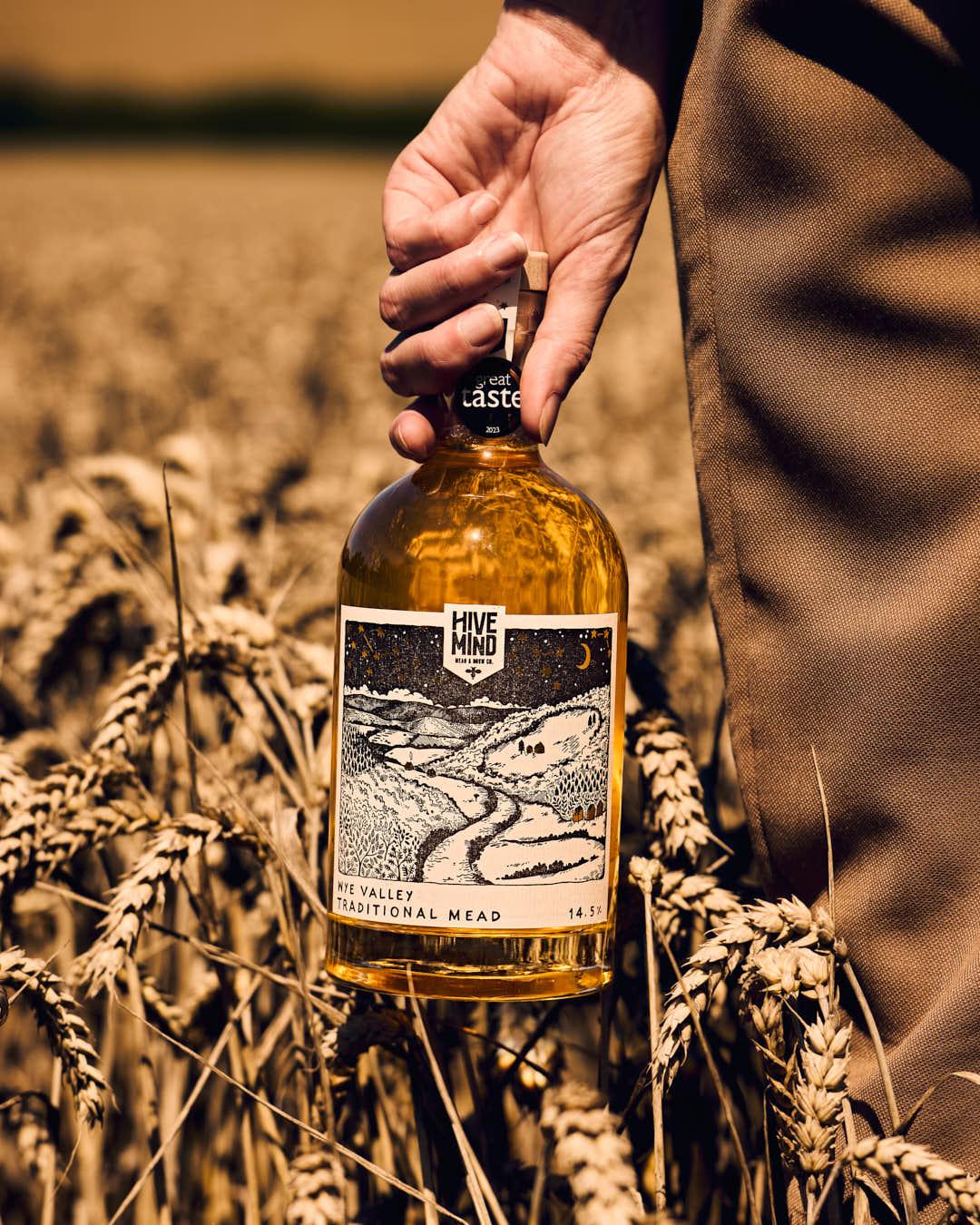The Environmental Benefits of Mead
Mead is unique among alcoholic beverages because it relies on honey, a natural product that is deeply connected to biodiversity, pollinator health, and sustainable agriculture. When produced responsibly, mead can support ecological balance, promote bee conservation, and have a lower environmental footprint compared to other alcoholic drinks.
Supporting Pollinators & Biodiversity: Mead production encourages responsible beekeeping practices, which directly support honeybee populations. With global bee populations under threat due to habitat loss, pesticides, and climate change, sustainable mead production helps incentivize ethical beekeeping.
Floral Diversity: Honey production depends on thriving wildflowers and plants. Beekeepers who support biodiversity by maintaining wild habitats or planting pollinator-friendly crops contribute to a healthier ecosystem.
Less Land & Water Use: Unlike grain-based alcohols like beer and whiskey, which require large amounts of land and water to grow barley or wheat, mead primarily relies on honey, making it a lower-impact choice.

Sustainable Beekeeping & Honey Production: Ethical Honey Sourcing – Many meaderies work directly with beekeepers who practice sustainable hive management, ensuring that honey is harvested in a way that doesn’t harm bee colonies. This includes leaving enough honey in the hive for the bees to survive winter and avoiding over-extraction.
Lower Carbon Footprint Compared to Other Alcoholic Beverages: No Large-Scale Farming of Grains or Grapes – Unlike beer, which relies on barley, or wine, which depends on intensive vineyard agriculture, mead’s main ingredient (honey) is naturally produced by bees. This results in less soil degradation, fertilizer use, and water consumption.
Chemical-Free & Natural Sweetening: No Artificial Sweeteners or Additives – Unlike many commercial alcoholic beverages that use refined sugars or artificial sweeteners, mead relies on natural honey.

Raw & Unprocessed Ingredients: Many artisanal meaderies focus on using raw honey, organic fruits, and minimal intervention methods, making mead one of the most natural alcoholic beverages available.
The Future of Sustainable Mead
As consumer interest in sustainable and ethically produced beverages grows, mead stands out as an eco-conscious choice. Meaderies that prioritise ethical sourcing, biodiversity conservation, and low-impact production can help promote the long-term health of pollinators and ecosystems.
By choosing mead from responsible producers, consumers directly support a product that not only tastes great but also plays a role in protecting bees and maintaining environmental balance.







Share: